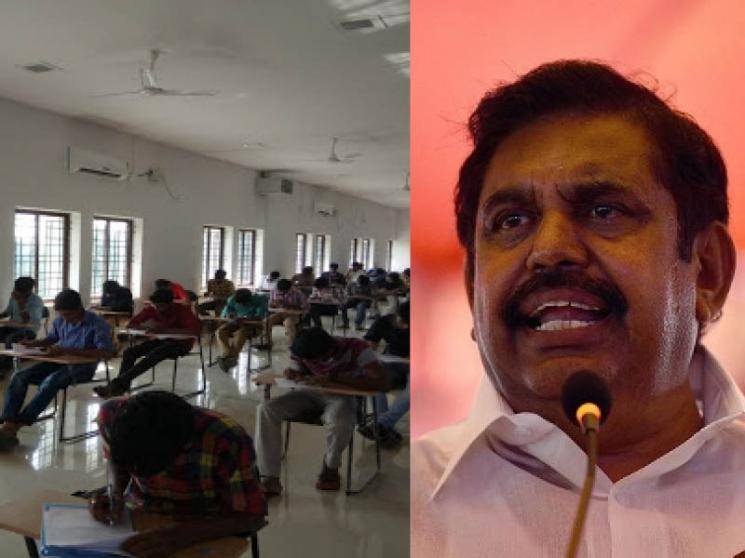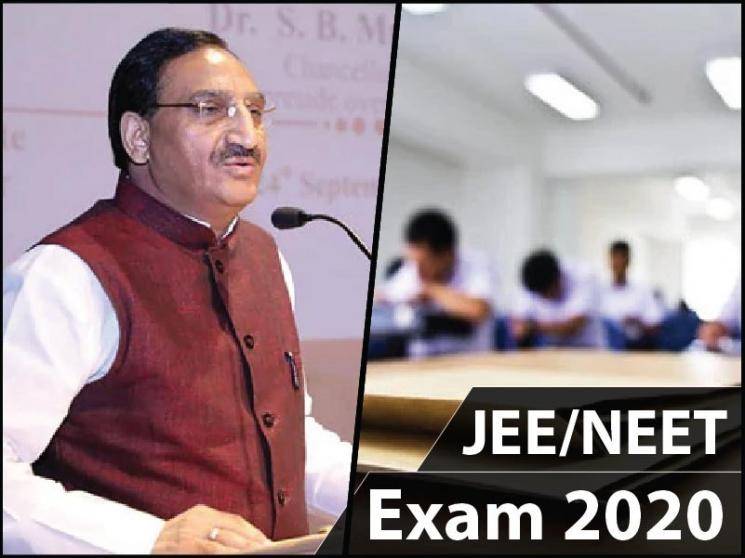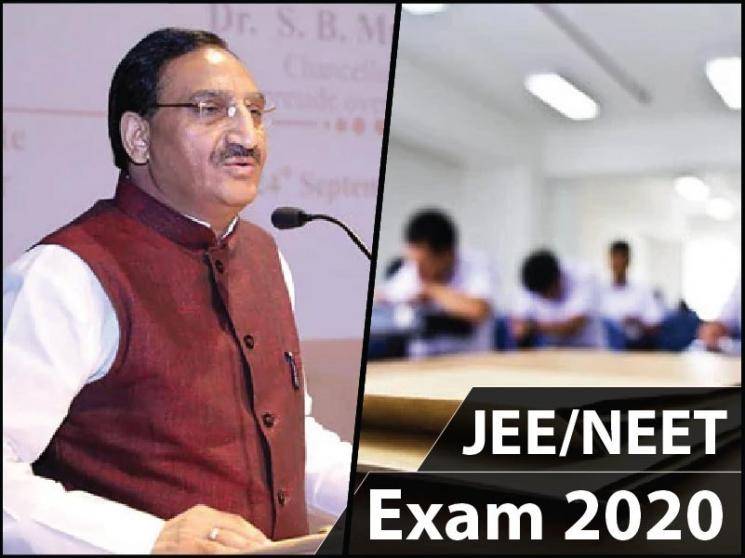COVID-19 can affect almost all organs in the body: AIIMS experts' latest statement
By Vivek Raj | Galatta | Aug 27, 2020, 12:45 pm

Top medical experts at the All India Institute of Medical Sciences (AIIMS) in a statement on Wednesday said that the novel coronavirus can affect almost all organs in the human body and not just the lungs, while adding that the initial symptoms may be completely unrelated to chest complaints that are commonly reported. They added that the classification of COVD-19 cases based on whether they are mild, moderate and severe categories need to be relooked in order to include other organ involvement and not just respiratory symptoms that have been observed so far.
Among the team of experts from AIIMS are its director Dr Randeep Guleria, Dr MV Padma Srivastava, head of department of Neurology, Dr Ambuj Roy, Professor of Cardiology and Dr Neeraj Nischal, Associate Professor in the department of Medicine, who during their their weekly ''National Clinical Grand Rounds'' held a discussion with NITI Aayog on the various probable extra-pulmonary complications of coronavirus.
Dr Guleria stated that strategies to combat COVID-19 are being changed from time-to-time after eight months into learning a lot from the infection. He added that numerous other manifestations of the virus have been noticed beyond just the lungs after initial thoughts of it being only a viral pneumonia.
"As we have known more and more about COVID-19, we have released it causes many extra pulmonary manifestations. This is basically the fact that this virus enters into cells through ACE2 receptors which although are present abundantly in upper airways and lungs, they are also present in many organs and thus other organs are also affected. We have seen many patients who presented with features which have not been predominantly pulmonary but extra pulmonary manifestations," Dr Guleria said in a statement.
Although pulmonary manifestations press on to be in control in a majority of the coronavirus cases, there is a significant number of patients who have displayed manifestations which may be along with pulmonary manifestations or may be without pulmonary manifestations, he stated. Dr Guleria further stressed, "We as clinicians need to have a high index of suspicion during this pandemic - when to suspect, treat and isolate these patients so that we can provide them good quality care,".
A number of coronavirus cases were presented by the experts in the programme, in which the patients were labelled as asymptomatic or mild COVID, but displayed serious life-threatening extra-pulmonary manifestations such as stroke and heart blocks. "What started off as a viral pneumonia is now a multi-systemic disease. However, the jury is out whether SARS-COV2 is the culprit in these extra pulmonary manifestations or just an innocent bystander which happens to be at the wrong place at a wrong time," Dr Nischal stated. He further added, "So the classification of COVID-19 into mild, moderate and severe cases based only on respiratory symptoms should be relooked into to incorporate other organ involvement,".
Dr Nishcal further noted that patients with organ involvement should be managed as per the existing guidelines of that specific health complication. He pointed out the case of a 35-year-old man, who had headaches and vomiting, but was also found to have life-threatening cortical vein thrombosis. Upon being tested, the man was found to be COVID-19 positive and had been asymptomatic as per existing severity guidelines.
"There is a big spectrum of neurological manifestations which have been linked to COVID-19. In some patients, the brain is involved and it may lead to clotting, resulting in stroke or can cause infection and lead to encephalitis or other complications which have nothing to do with lungs," Dr Padma said.
Furthermore, Dr Ambuj's team cited a patient with a very low pulse rate and was identified to be COVID-19 positive. In order to improve the heart rate, he required initial support with a few medicines. "Normally pacemakers are put in such patients to improve their heart rate but based on experiences documented in literature, we realised some of these could be due to COVID-19, so a pacemaker was not put and her heart rate gradually improved with supportive treatment,", he said.
In his statement, Dr Roy said, "Sometimes, the electrical pulse system of the heart which gives rise to heart beat can be affected in COVID-19 and it is self-limiting and improves with time. So these patients who would otherwise normally require a pacemaker may not even need it. However, more evidence is needed to be definitive about this as it is a new disease and limited information and experience regarding it is available as of now,".

.jpg)




























